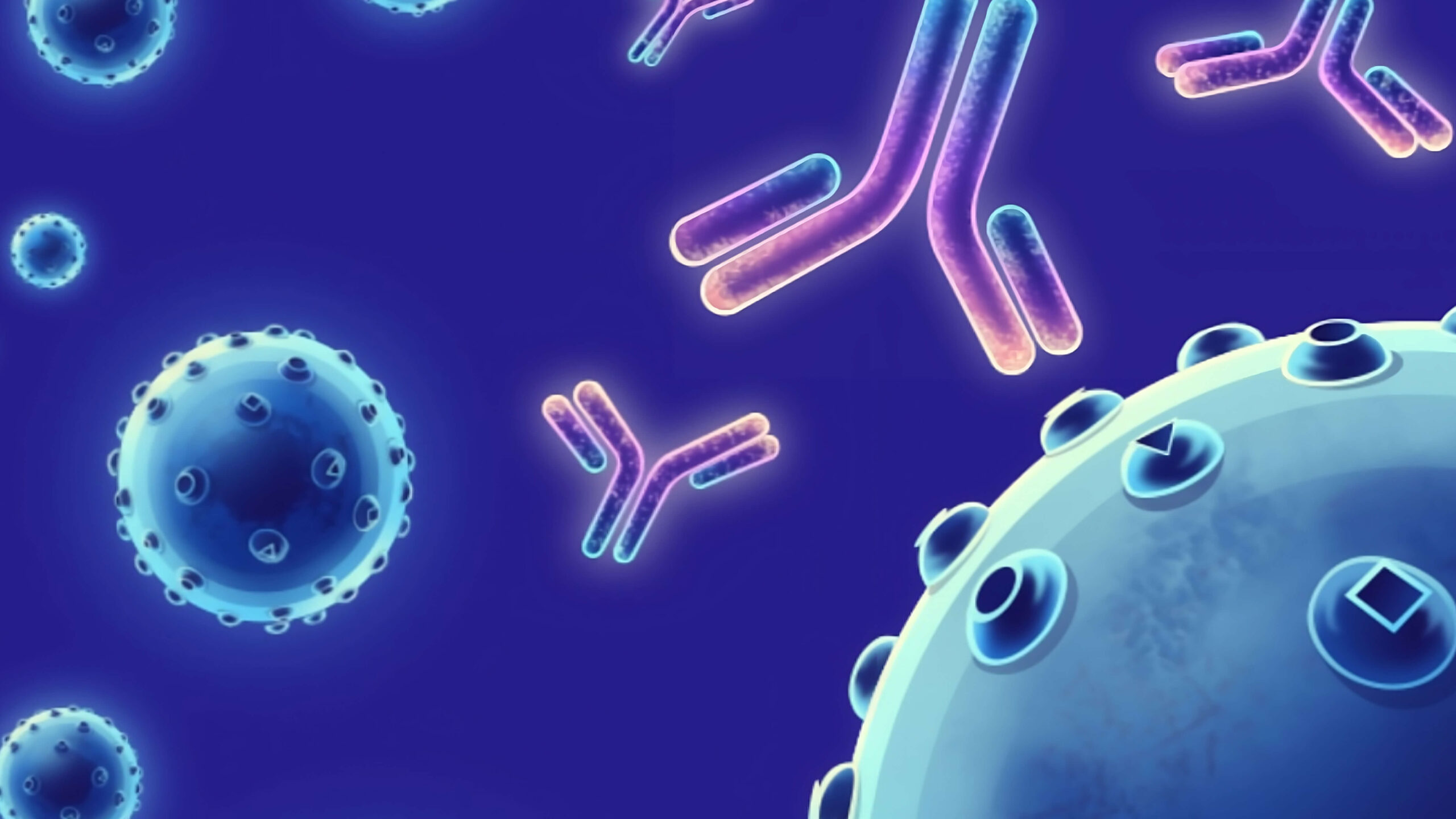Description
Heat shock factor protein 1, also known as heat shock transcription factor 1, HSF1, and HSTF1, is a cytoplasm and nucleus protein that belongs to the HSF family. HSF1 is the major transcription factor of HSPs (heat shock proteins) in response to various stresses. Wild type HSF1 (heat shock transcriptional factor 1) is normally inactive. HSF1 / HSTF1 is a DNA-binding protein that specifically binds heat shock promoter elements (HSE) and activates transcription. In higher eukaryotes, HSF is unable to bind to the HSE unless the cells are heat shocked. HSF1 / HSTF1 protects cells and organisms against various types of stress, either by triggering a complex response that promotes cell survival or by triggering cell death when stress-induced alterations cannot be rescued. HSF1 / HSTF1 is the key protein in regulating the stress response. It can be activated under heat, oxidative, or other stress conditions. Dominant-positive and dominant-negative HSF1 are two types of HSF1 mutants. Both of them gain DNA binding activity in the absence of stress. Also, dominant-positive HSF1 acquires transcriptional activity, which dominant-negative HSF1 does not acquire. HSF1 / HSTF1 was also reported to contribute to cell resistance against genotoxic stress, such as that caused by doxorubicin, an anticancer drug in common clinical use.
Target
HSF1
Target Alias Name
HSTF1
Isotype/Mimetic
Rabbit IgG
Animal-Derived Biomaterials Used
No
Sequence Available
No
Original Discovery Method
Phage display technology
Antibody/Binder Origins
Animal-dependent discovery (in vitro display, OR immunisation pre-2020), In vitro recombinant expression

